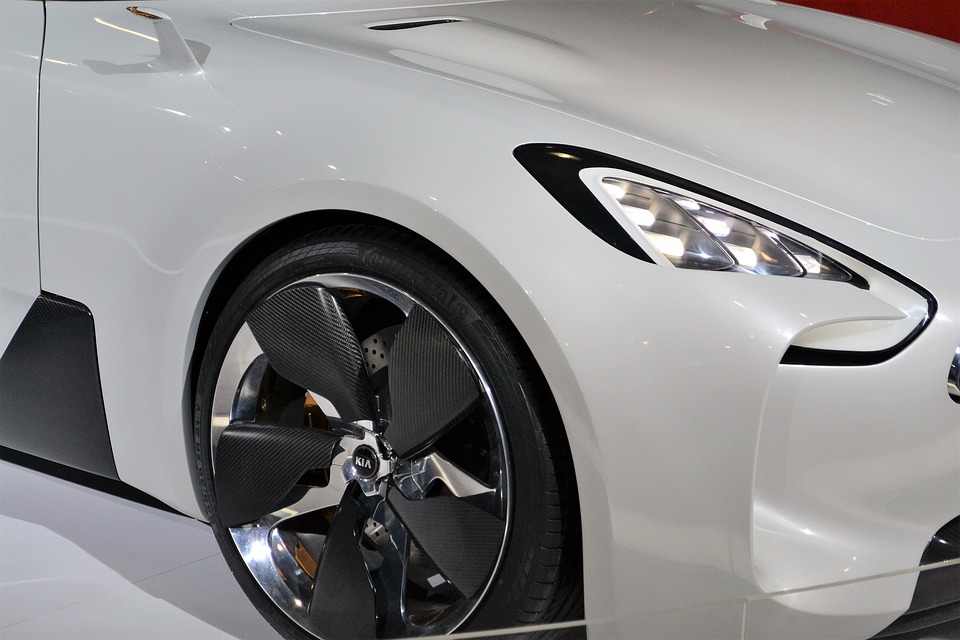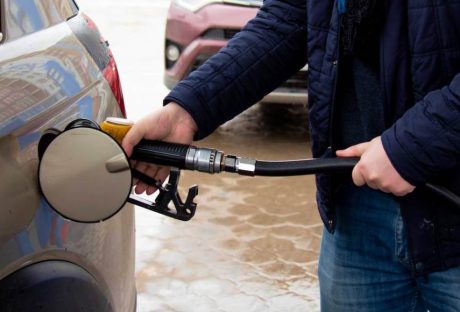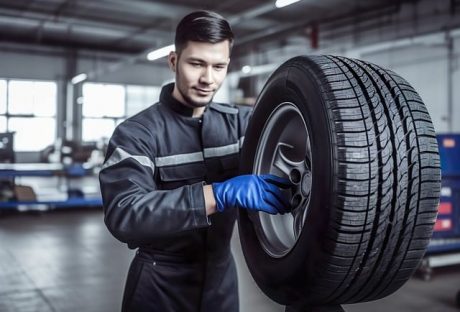When it comes to buying a used car, you need to be very careful even if you are good with cars and their tools. Buying a used car is not easy at all, it requires planning and research. However, some people still don’t get what they are looking for because they overlook the simplest yet most important aspects of buying used cars.
Some people get cheated while others pay more for a used car than they should. Whether you have purchased a brand-new car or used one before, you must take some precautions not to have any bad experience with buying procedure. Following are the five ways that you should consider before buying a used car.
Do Your Homework
Researching about the car that you intend to buy is very beneficial. It helps you to understand more about that certain car. For instance, if you go to buy a car without doing any homework you will only waste your time or you will make the wrong decision. Use the internet to do your homework properly and get to know about the resale price, spare parts, and fuel consumption. Also, involve a mechanic to help you buy the right kind of used car.
Don’t Let Your Impulse Win
Don’t let your emotions overcome the facts and figures. Most people fall in love with a car’s exterior, buying it without any research. Make sure you see the car practically as well. Get details about insurance, making, model, financing, and other important information. The car that looks awesome from the outside usually does not meet your expectations when you take it out on the road. So, make sure to avoid impulse buying.
Know Your Needs
There are many people who end up buying a car that they don’t need because they can’t figure out what kind of car they are looking for. First, ask yourself about car needs and then start finding a car for yourself. For example, ask yourself whether a truck will suit or a saloon car? Also, get to know about fuel consumption and fuel economy so you don’t have to break the bank account.
Know Your Budget
Most people overlook this aspect, thinking that they will go for the monthly payment but it is not a good idea. In fact, it creates trouble later. Car dealers have attractive monthly payment packages which you say yes to but regret later. Make sure to ask the price of all used cars you check before finalizing one. Ask the dealer/owner about taxes, car parts, and price. If it doesn’t suit your budget then be willing to walk away. Don’t hesitate to ask questions to the car dealer/owner, it’s okay to ask questions than regretting later. You can always get something that fits within your budget when looking for cars for sale in San Diego“. This takes me back to the first point where you need to take time and do your research well.
Ask Your Mechanic for Assistance
Spending a few dollars for pre-purchase car inspection is far better than spending thousands of dollars on repairs of a used car. We all know a mechanic we can count on when it comes to buying a used car. They know cars very well and immediately notice any fault. When he is done inspecting it, ask for his advice and consider it before making any purchase. If you need more info about car parts, car accessories, etc, visit CarCareNinja.
Take the Car for a Long Test Drive
Most people go for the test drive because it tells you so much about the car’s condition. You might not know it with a smooth start-up of an engine but once you drive it for a little longer, the test drive tells you the whole story. Also, notice whether you are comfortable while driving or not and if you have children, take them to the test drive and know their opinion, too so you can get to know whether they are comfortable with the car or not.
Don’t Stick To One Spot
Purchasing the best-used car requires research and lots of patience. Don’t be hopeless and end up buying any car just because you can’t find the one you are looking for. Don’t only search in the nearby places that are convenient, instead, move around different car sales and spots to get the best. Not only this, ask your friends who have knowledge about used cars, this will also help you.
Even if you consider all these aspects, you must still be careful after buying a used car. Whether you are planning a road trip or going to the office, always keep wire cutters, pliers, torque wrench, and other important car tools to avoid any bad experience. Also, there is no doubt that buying a used car takes a lot of your times and effort but once you find the perfect car for yourself, it will be all worth it in the end. So, make sure to follow these tips to have the best-used car while saving your money.






















